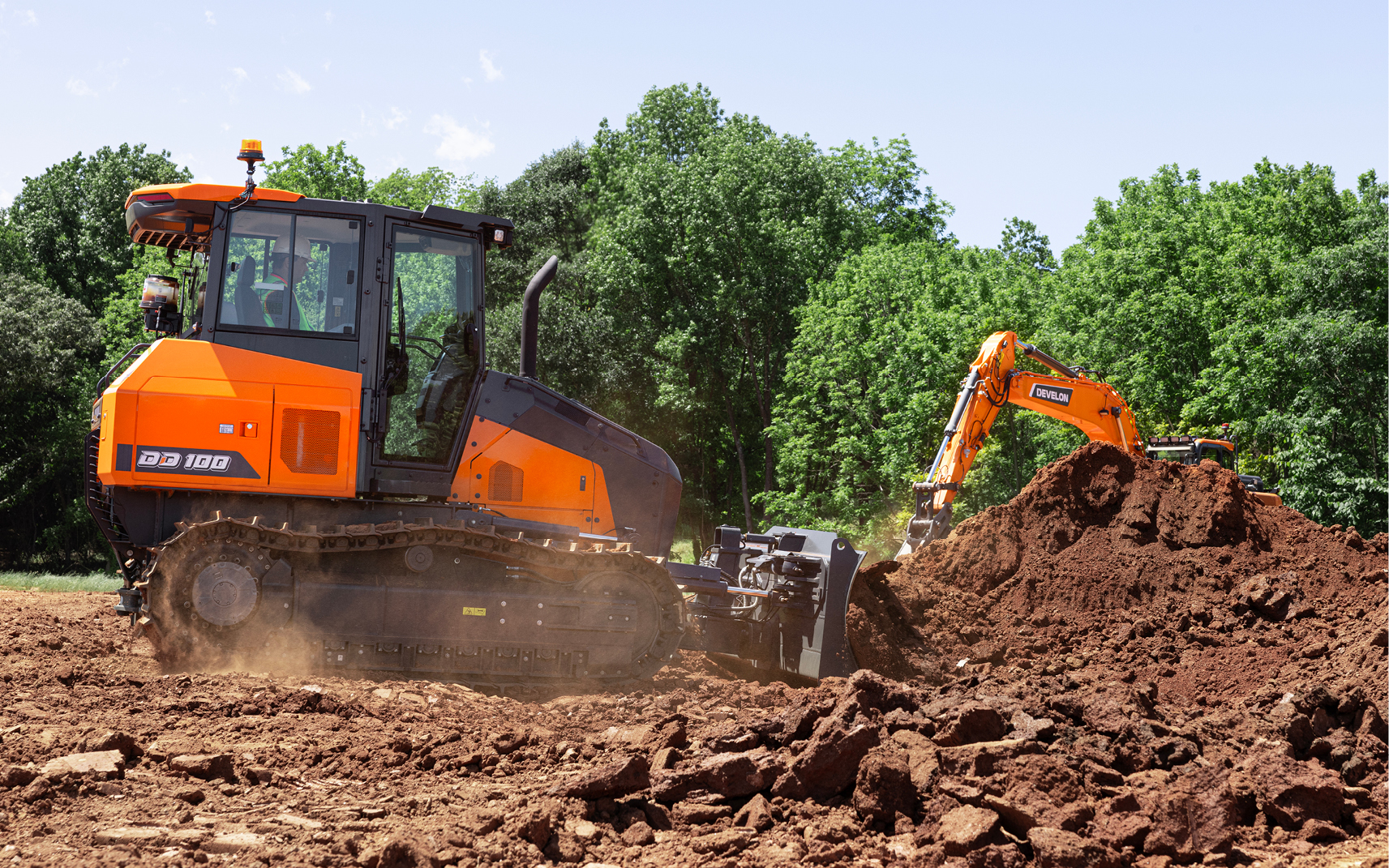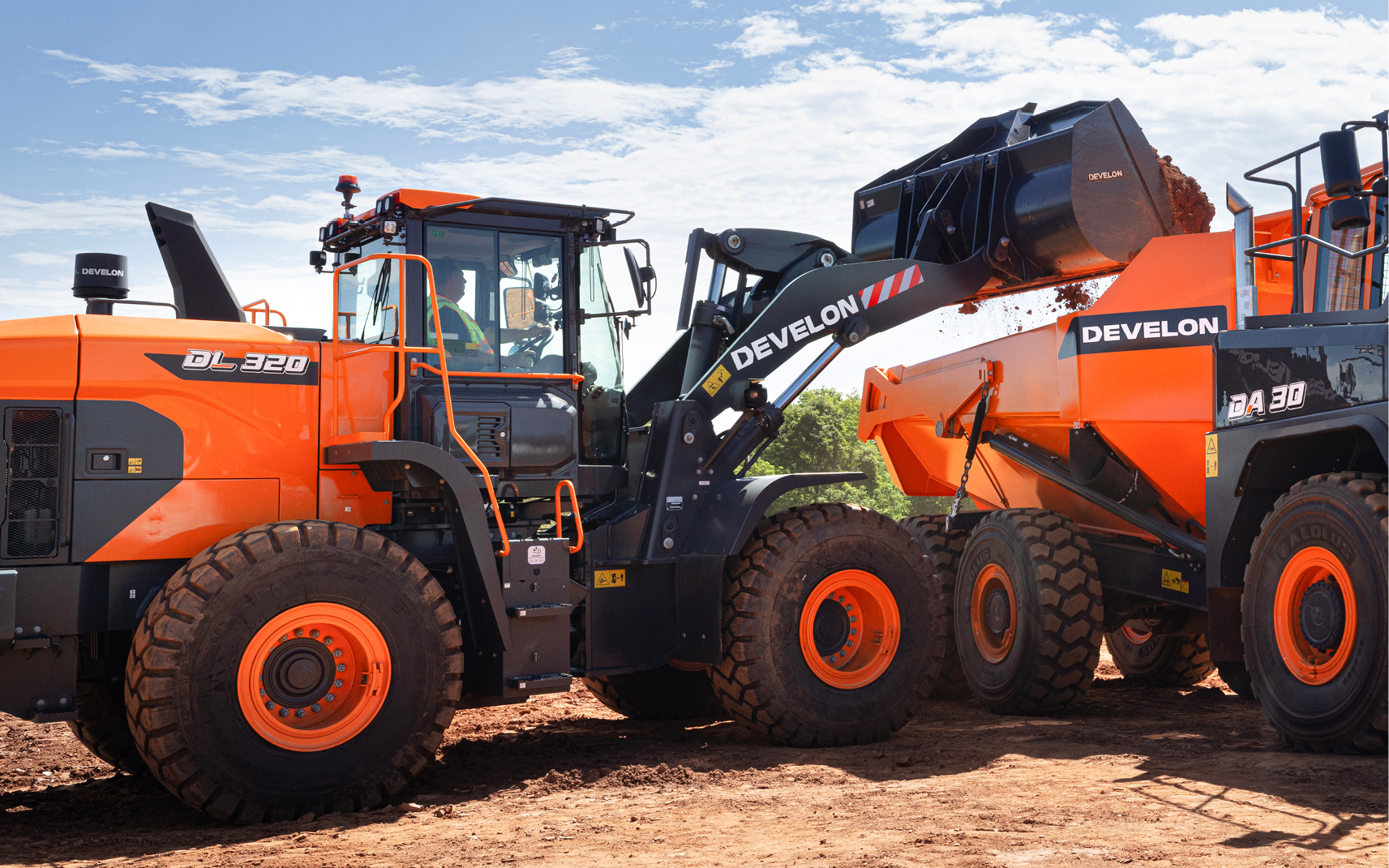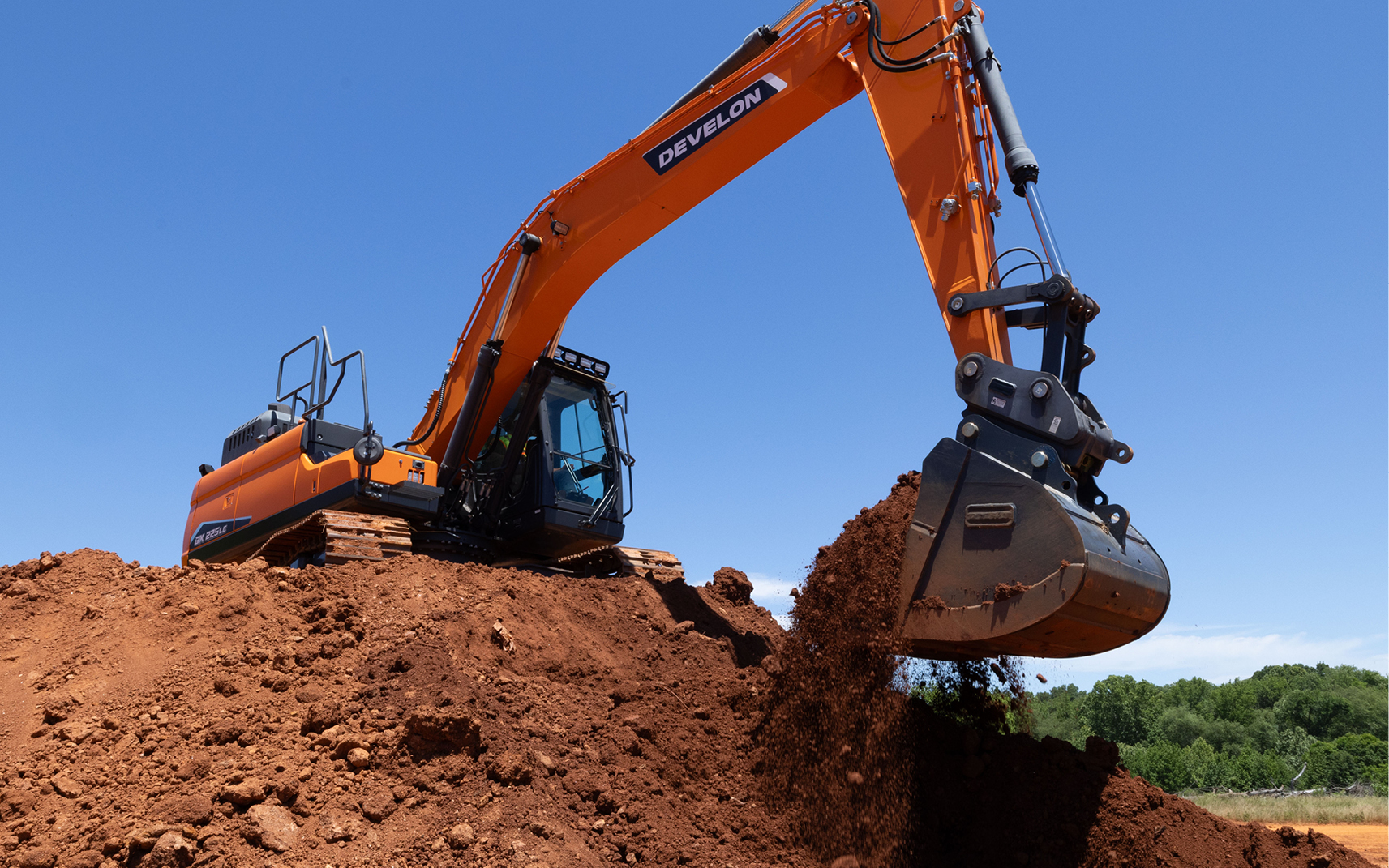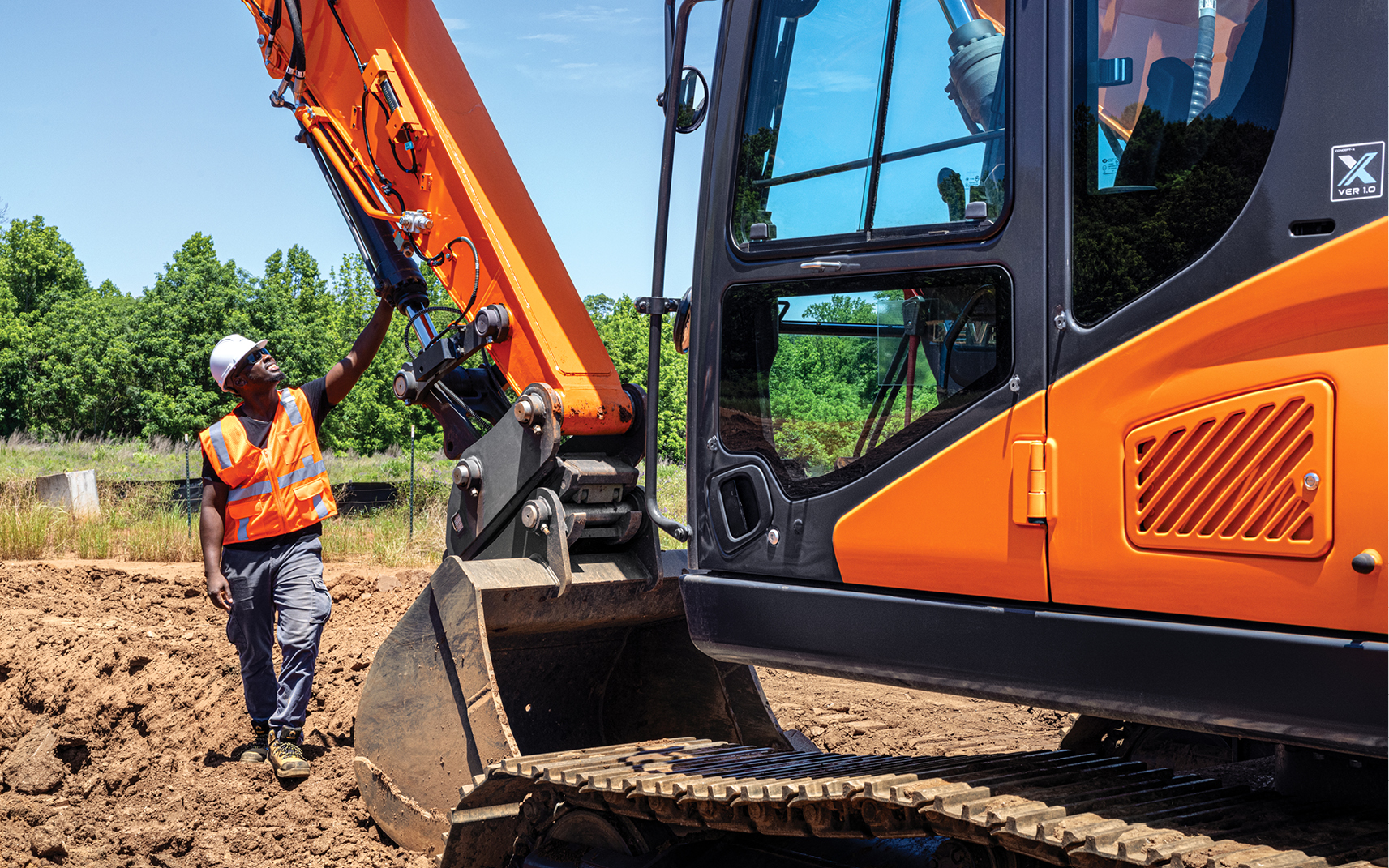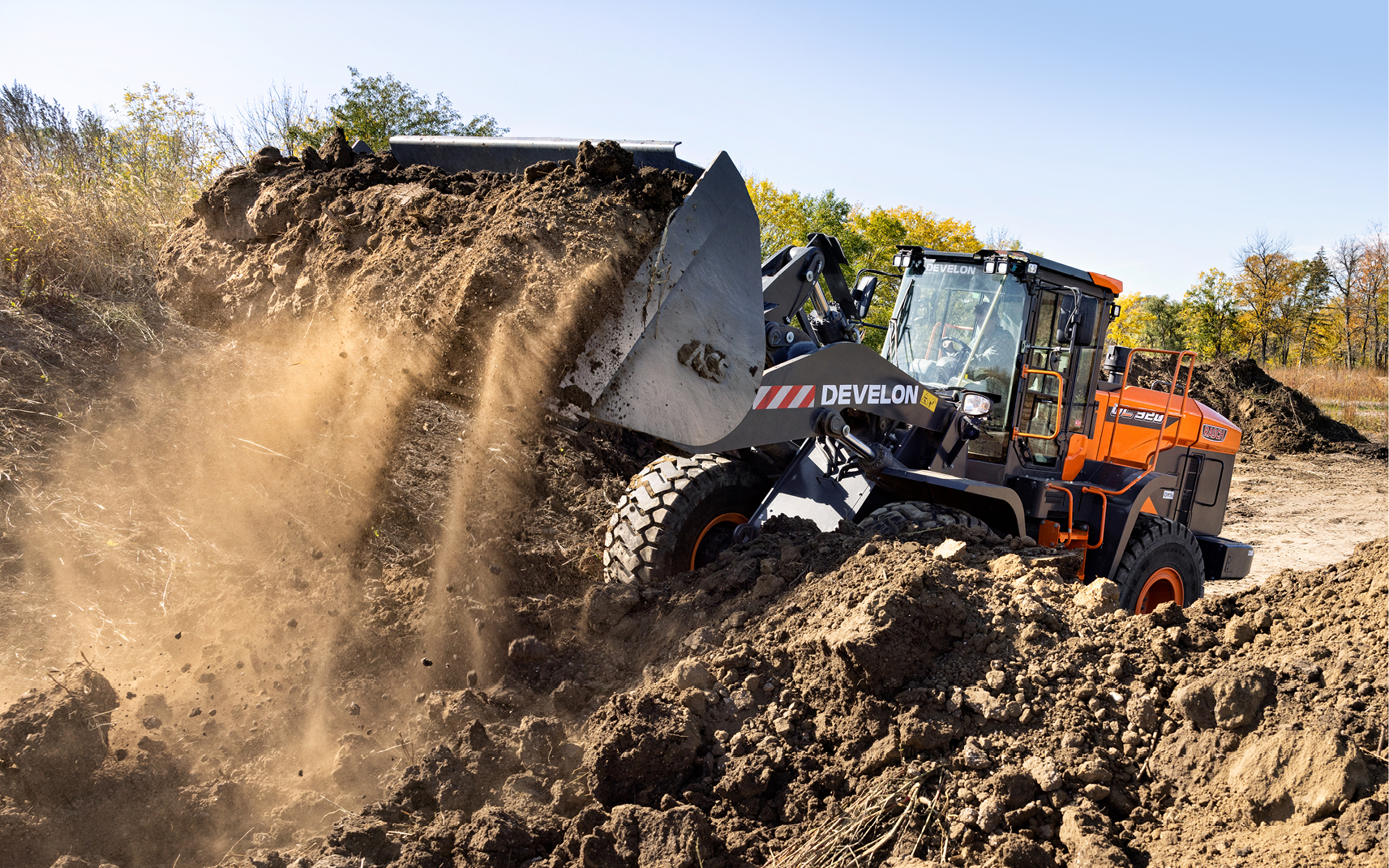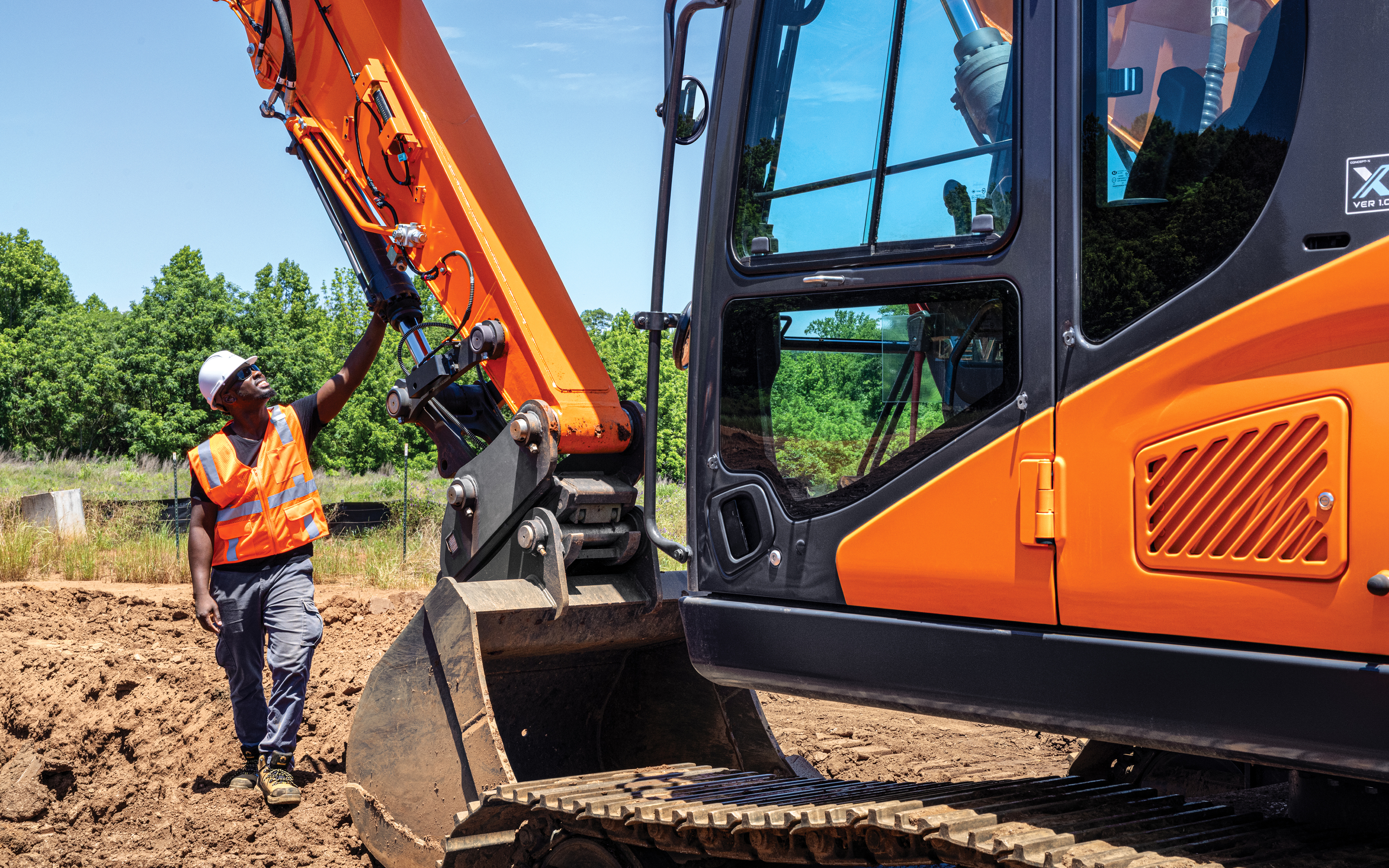Heavy construction equipment is more fuel-efficient than ever. Today’s equipment offers technologies that can reduce fuel consumption: improving your profitability and overall heavy equipment operational efficiency.
Understanding Fleet Fuel Efficiency in Heavy Equipment
Heavy construction equipment, including dozers, wheel loaders, excavators and articulated dump trucks, is available with sophisticated fuel delivery systems. That’s because diesel engines that power today’s construction equipment need less fuel to perform the same functions.
Manufacturers have also developed technologies to reduce machine fuel consumption: advanced control systems, variable displacement hydraulics/pumps and engine management systems. These technologies tailor the amount of fuel to the particular function a system is performing. Fuel savings can be as much as 7%, depending on the machine and the application.
Leveraging Fleet Telematics for Enhanced Fuel Efficiency
You can manage your equipment fleet better than ever with the telematics management systems that are installed on your machines. This type of system collects data from your construction equipment and shares it with your telematics account. You and your equipment dealer can then easily access the data to make informed decisions.
Monitor Fuel Usage: From an app on your smartphone or via a web browser, you can select a particular machine and see data from that unit, such as how much fuel it’s burning. Compare how much fuel different operators use and identify trends that may be useful when training operators regarding their driving habits. Perhaps an operator uses a power mode that requires more fuel when the Standard or Economy mode works just as well and requires less fuel. Small changes can directly impact your overall fuel economy.
Track Idle Time: Tracking idle time is a good starting point with telematics data, as Construction Equipment notes. Through the MY DEVELON fleet management interface, which comes standard on most DEVELON machines, you may notice an operator letting the equipment idle for extended periods between tasks, leading to excessive idling. Sometimes an operator uses the machine’s heating or air conditioning from a comfort standpoint. Other times, it’s a bad habit of using the air conditioning without really needing it. Either situation presents an opportunity for you to educate the operator. Addressing excessive idling can lead to significant cost savings.
Optimize Fleet Size: Fleet managers increasingly use telematics to evaluate how many machines they need for construction projects. You may not need as many machines as originally planned and can reassign the equipment to another job site. This optimizes fleet operations. You may also be able to reduce transportation costs by limiting the number of machines at your job sites or improve job site efficiencies by adding necessary machines. For example, you can track how many articulated dump trucks you need to transport material from point A to point B. If an excavator is regularly waiting for a truck to load material, you may decide that you want to bring in another truck or rent one for a job. You can also easily track fuel cost and consumption from one brand to another, helping to improve fuel efficiency. Implementing efficient routes can further contribute to these savings.
Adjusting Operations for Continuous Fuel Savings
Some construction equipment is available with an auto idle feature. After the machine is stationary for a short time, the machine will automatically lower the engine rpm for less fuel consumption. This is a first step toward saving fuel — and saving your company money. This is similar to how cruise control can help with gas mileage in vehicles.
Excavators may burn as much as 4 gallons of fuel in an hour, according to a heavy equipment fuel efficiency guide developed by McClung-Logan Equipment Company. Wheel loaders may consume 6 gallons of fuel in an hour, the guide suggests. In an 8-hour workday, that’s as much as 48 gallons of fuel.
Imagine saving a gallon of fuel per machine, per day — or 30 gallons per machine each month. The savings quickly add up. Using a national average diesel price of $3.23, a contractor can save approximately $111.81 per machine each month.
Machines often feature several operating modes to best fit an operator’s tasks. DEVELON excavators come standard with four power modes.
Make sure operators know how to use the machine’s LCD screen and know where to find the section to adjust modes. Operators can test the various modes on the same job site to feel how the machine performs in each mode.
Use the Standard or Economy modes to save fuel.
- Standard mode is ideal for everyday digging, grading and lifting.
- For light grading situations or when precise work requires slowing the machine, use Economy mode.
Beyond auto-idle and operating modes, DEVELON incorporates additional technologies to maximize fuel efficiency across its machine lines:
Excavators
- One-touch power boost: Provides temporary increases in hydraulic power when needed, optimizing efficiency for demanding tasks without constant high-rpm operation.
- Mechatronics design: Integrates mechanical and electronic systems for precise control, leading to optimized engine and hydraulic performance and reduced fuel consumption.
- D-ECOPOWER system: This advanced system optimizes pump control and engine output to minimize fuel usage while maintaining productivity.
Dozers
- ECO mode: Specifically designed to reduce fuel consumption during standard dozing operations by optimizing engine power and transmission settings.
Wheel Loaders
- Automatic powershift torque converter transmission: Automatically shifts gears to keep the engine in its most efficient operating range, reducing fuel waste.
- Three power modes: Offers operators the flexibility to choose the most fuel-efficient mode for the specific task at hand, from heavy-duty work to lighter applications.
- Situation Awareness Technology: Assesses the load and operating conditions to optimize power delivery and fuel consumption.
Maintaining Equipment for Optimal Fuel Efficiency
If your construction equipment is not maintained, it won’t work as efficiently. Neglecting routine service leads to a cascade of problems. It also means your machines will burn more fuel, directly impacting your bottom line. Train operators to follow the recommended maintenance schedule found in your Operation and Maintenance Manual, ensuring consistent preventive maintenance.
Everyday maintenance should include checking and replacing air filters, fuel filters and oil filters as needed. Your telematics data can tell you how many hours it has been since you last replaced a filter. Some operators prefer to write the replacement date on the filter with a permanent marker.
Other best practices for optimal fuel efficiency and machine performance include:
- Replacing machine fluids according to the maintenance schedule.
- Using the recommended fluids, such as engine oil and hydraulic oil.
- Making sure your machine receives the proper amount and type of fluids.
Inflate wheel loader tires to the proper level and encourage your operators to routinely check tire pressure. Underinflated tires may impact how the machine performs and can increase rolling resistance. It’s also recommended to check for tire wear or damage and contact a dealer promptly to make necessary repairs.
Implementing Fuel Efficiency Tips for Heavy Equipment
Follow these five tips to reduce fuel consumption and improve your fleet’s fuel efficiency.
- Minimize unnecessary idle time.
- Turn machines off when you’re not working.
- Track telematics data and monitor operator usage.
- Use machine modes that adequately match the task.
- Properly maintain your construction equipment.
Ready to optimize your fleet? Explore our full range of heavy equipment and learn how our technology can boost your fuel efficiency and operational performance.
Imagine saving a gallon of fuel per machine, per day — or 30 gallons per machine each month. The savings quickly add up.”Thomas Lee, Product Strategy Manager

By Thomas Lee, Product Strategy Manager
Thomas Lee is a product strategy manager at DEVELON. He has more than 15 years of experience working in the heavy equipment industry and leads the product management team for all heavy products.

